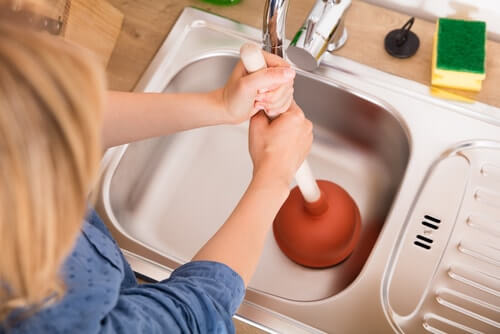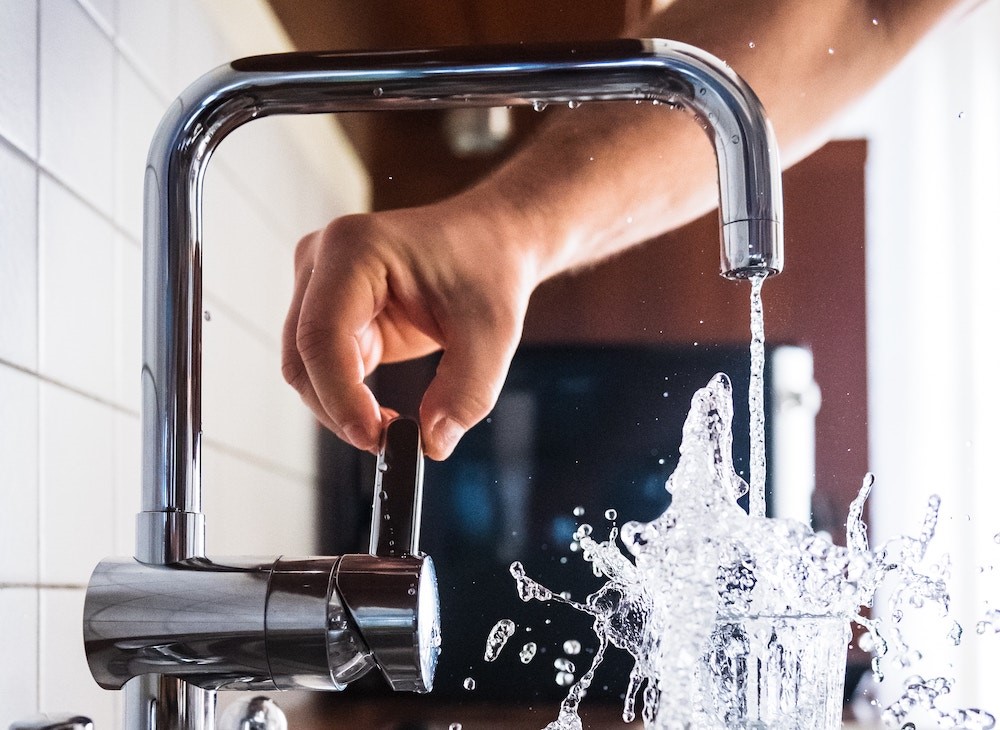Important Advice for Emergencies: How to Until Support Arrives
Important Advice for Emergencies: How to Until Support Arrives
Blog Article
What are your thoughts about What to Do While Waiting for an Emergency Plumber?

Plumbing emergencies can strike at any time, causing stress and anxiety and possible damages to your home. Whether it's a ruptured pipeline, a blocked drain, or a leaky faucet, recognizing just how to handle the circumstance up until a professional plumber arrives can conserve you from additional complications. This article gives crucial emergency plumbing pointers to aid you alleviate damage and reclaim control throughout a plumbing crisis.
Switch off the Water System
The initial step in any pipes emergency situation is to shut off the water supply. For local problems, such as a leaking tap or bathroom, turn off the shutoff near the fixture. In the case of a significant leak or ruptured pipeline, locate your home's major water shut-off shutoff and turn it off quickly. Understanding the area of these shutoffs beforehand can conserve important time during an emergency situation.
Address Small Leaks with Short-term Fixes
Tiny leaks can quickly come to be considerable issues if left unchecked. Utilize these short-term fixes till expert help gets here:
While these fixes aren't irreversible, they can help decrease water loss and damage.
Unclog Drains Securely
A clogged drainpipe can be an aggravating and untidy issue. Below's how to tackle it:
If these techniques do not function, avoid utilizing extreme pressure, as it might worsen the obstruction.
Handle Overflowing Toilets
An overruning toilet can cause instant turmoil. Below's what you need to do:
Turn off Your Water Heater
In specific emergencies, such as a ruptured pipe, it's wise to shut down your hot water heater. This protects against getting too hot or damages to the device when water quits moving. Switch off the power supply to the water heater (electric or gas) and let it cool down to stay clear of possible threats.
Momentarily Quit a Ruptured Pipeline
A burst pipe can bring about substantial water damages in mins. To alleviate the problem:
Call a professional plumbing instantly to deal with the problem permanently.
Handle Frozen Pipes Carefully
In colder environments, icy pipelines are a typical emergency. If you think an icy pipeline:
Avoid More Damages
Taking quick activity to lessen damage can conserve you time and money in the future. Right here's how:
. Have an Emergency Situation Plumbing Set
Prepare a basic pipes emergency situation set to take care of small problems properly. Your set needs to include:
Having these tools available can make a considerable distinction in your ability to handle emergency situations.
Know When to Call a Specialist.
While quick fixes can help momentarily, certain pipes issues require instant professional attention. Call a plumbing professional if:.
Without delay contacting a professional makes certain the issue is dealt with correctly and prevents further problems.
Final thought.
Plumbing emergencies can be overwhelming, however with the ideal understanding and devices, you can handle the circumstance successfully up until assistance shows up. By shutting off the water system, addressing small leaks, and making use of short-lived solutions, you can decrease damage and keep your home safe. Keep in mind, these pointers are temporary services; always seek advice from a qualified plumbing professional to handle the root cause of the problem. Preparation and quick thinking are your best allies in any pipes emergency situation.
Expert Tips for Emergency Plumbing Repairs
Plumbing emergencies can be incredibly stressful and inconvenient. Whether it’s a burst pipe, a clogged drain, or a leaky faucet, these common plumbing emergencies need immediate attention to prevent further damage to your home. But before you panic, it’s important to understand the basics of plumbing repairs and the steps you can take to address these emergencies. In this article, we will share some expert tips to help you navigate through these situations and minimize potential water damage.
Identifying Common Plumbing Emergencies
Leaky pipes and faucets Clogged drains and toilets Burst pipes Low water pressure Water heater problems Essential Tools for Plumbing Repairs
Plunger: Useful for unclogging toilets and drains Adjustable wrench: Needed for tightening or loosening nuts and bolts Pipe wrench: Ideal for gripping and turning pipes Tape measure: Necessary for accurate pipe measurements Plumber’s tape: Helps create watertight seals Understanding Emergency Plumbing Services
Emergency plumbing services are designed to provide immediate assistance for unexpected plumbing issues that can cause significant damage to your home, business, or health. These services are typically available 24/7 and are staffed by experienced plumbers who can quickly diagnose and repair a wide range of plumbing problems.
When a plumbing emergency strikes, time is of the essence. Whether it’s a burst pipe flooding your basement or a gas leak posing a serious risk, emergency plumbing services ensure that help is just a phone call away. These professionals are equipped with the tools and expertise to handle any situation, minimizing damage and restoring your plumbing system to proper working order.
What Constitutes a Plumbing Emergency?
Burst pipes or water supply lines: These can cause extensive water damage and need immediate repair to prevent flooding. Gas leaks or suspected gas leaks: Gas leaks are extremely dangerous and require prompt attention to avoid potential explosions or health hazards. Sewer backups or overflows: These can lead to unsanitary conditions and significant property damage. Clogged drains or toilets causing water to overflow: Overflowing water can damage floors, walls, and other structures. Leaks or water damage causing structural damage: Persistent leaks can weaken the structural integrity of your home or business. No hot water or heating: A lack of hot water can be more than an inconvenience, especially in colder months. Common Causes of Plumbing Emergencies
Aging or corroded pipes: Over time, pipes can deteriorate, leading to leaks or bursts. Improperly installed or maintained plumbing fixtures: Faulty installations or lack of maintenance can result in unexpected failures. Tree roots or other debris infiltrating your sewer line: Roots can grow into pipes, causing blockages and backups. Frozen pipes or water supply lines: In colder climates, pipes can freeze and burst, leading to significant water damage. High water pressure or sudden changes in water pressure: Excessive pressure can strain pipes and fixtures, causing them to fail. Natural disasters such as floods or earthquakes: These events can disrupt your plumbing system and cause severe damage. Steps to Minimize Water Damage
Locate the water shut-off valve: Knowing where the valve is can help you quickly cut off the water supply to the affected area. Turn off the water heater: If there’s a risk of water coming into contact with the heating element, make sure to turn off the water heater to avoid potential accidents. Open faucets and drain pipes: By opening faucets and drain pipes, you can relieve pressure and empty any standing water. Collect and contain water: Use towels, buckets, or bins to collect water and prevent it from spreading to other areas of your home. https://leecountyplumbingandwellservice.com/expert-tips-for-emergency-plumbing-repairs/

As an avid person who reads on Expert Tips for Managing a Plumbing Emergency Until Help Arrives, I think sharing that excerpt was a good idea. Enjoyed reading our piece? Please share it. Let someone else check it out. We thank you for reading our article about Plumbing Emergencies: Tips on What To Do Before.
Call Today Report this page